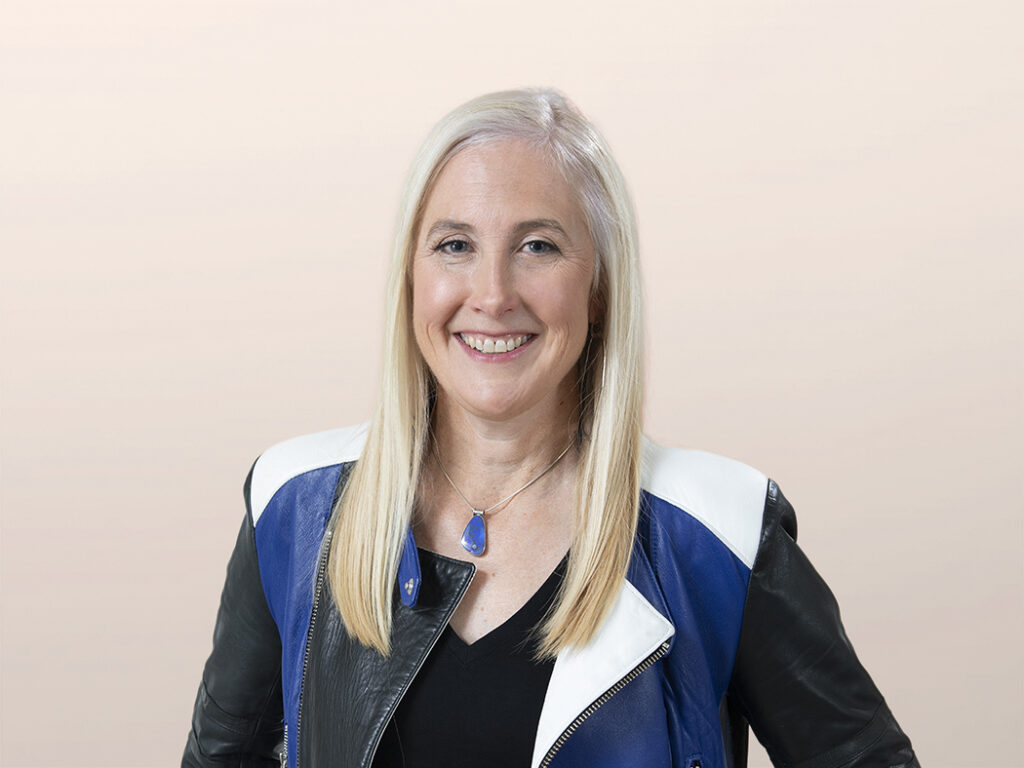2017 Predictions: Mobile Is The Face Of Digital
We put together our thoughts in a new 2017 Mobile Predictions report on what to expect in the mobile space next year across industries and roles.
In 2016 mobile evolved from a stand-alone channel to a baseline for all branded digital experiences. In 2017, mobile will continue to elevate customer expectations as it transforms even non-digital experiences – such as Starbucks “order ahead” functionality. There is no question that mobile moments are the battleground to win, serve and retain your customers. What a mobile moment is and where it surfaces, however, will become amorphous as it extends beyond smartphones to platforms and connected devices and then eventually lives in a consumer’s personal ecosystem.
App usage as we know it has likely peaked. In 2017, platforms will expand in importance as consumers continue to consolidate their time into fewer places on the smartphone. Already, they spend 84% of their time in just five apps. These experiences that we loosely still refer to as mobile (but not for much longer) experience will lives as fragments on third party platforms. Consumers will still use apps for in-depth experiences with brands, but will increasingly use fragments to get quick things done. Examples of popular third party platforms today include Apple’s iMessage, Facebook Messenger and WeChat.
Today, early adopters ask virtual assistants like Apple’s Siri, Amazon’s Alexa, and Google’s Assistant to orchestrate content and services for them – mostly based on voice commands or through conversational interfaces. In 2017, consumer interest will move beyond early adopters. The virtual assistants will continue to extend their ability to serve customers in their mobile moments beyond native services by opening their platforms to third parties. The increasingly thorough conversational interfaces.
Brands are not behind, but at the same time, they cannot wait to get started. The future of experiences is one that depends on agility, continuous learning and automation. Building these experiences must be viewed as a journey augmented by new technologies such as machine learning, artificial intelligence and cognitive computing. To start creating these new experiences, we believe:
1. Enterprises Will Move Beyond Apps To Engage Consumers: Consumer app fatigue will push enterprises to build a portfolio of experiences to serve customers. Mobile is a gateway to new interactions that are rapidly gaining customers’ mobile moments – such as messaging, services on connected devices, instant messaging apps, chatbots, virtual assistants and beyond. Brands will seek to borrow these mobile moments in 2017 by offering a portfolio of mobile experiences. They will also reinvest in their owned mobile moments with renewed investment in the web to support this breadth.
2. Mobile Success Will Depend on Design-Thinking: Many organizations outsourced their mobile projects to third parties in an attempt to keep up with nimble, disruptive start-ups. Now that mobile is mission critical to their business, leading firms will bring mobile in-house and use design-thinking to drive success beyond digital channels. Staff augmentation models will assist firms through the transition.
3. Mobile Experiences Portfolios Demand Faster And More Modular Architectures: Consumer-demand for messaging, app fragments, and better browser experiences will push digital business professionals to work with technology counterparts to create more flexible apps, architecture and infrastructure. Next year is the year functional programming evolves from academia to the enterprise. Application infrastructure powers this change. Instead of building objects that interact with each other, developers will use Lambda architectures to code reactions to environmental changes.
Several Forrester analysts and researchers contributed to this year’s mobile predictions, including: Dan Bieler, Michael Facemire, Jeffrey Hammond, Thomas Husson, Xiaofeng Wang, and Laura Naparstek. Clients who want to learn more can download the full report here.
